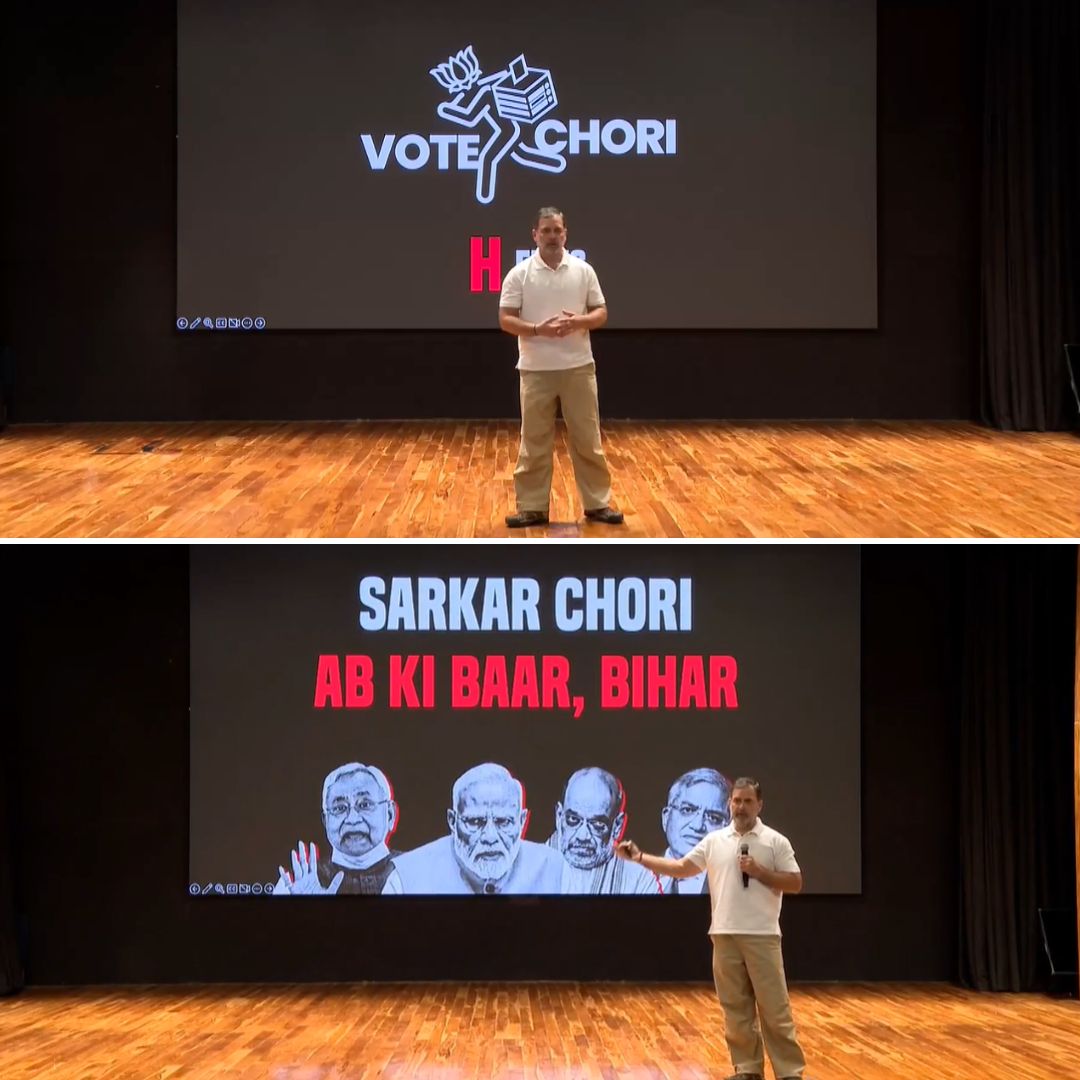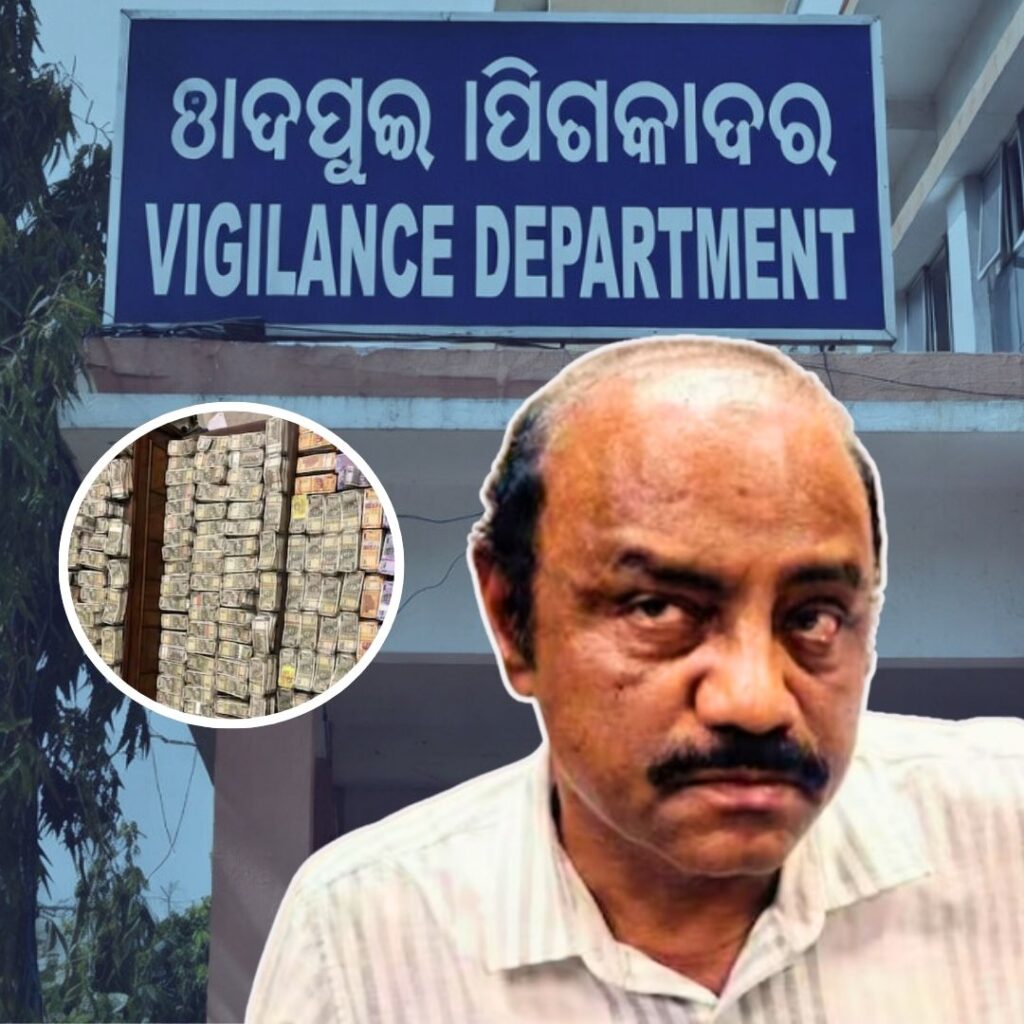Rahul Gandhi’s recent “vote chori” (vote theft) allegations have ignited a fierce debate on electoral integrity and the responsibilities of public leaders in India.
While Gandhi and the Congress party accuse the Election Commission and ruling BJP of systematic voter fraud, a collective of over 270 retired judges, bureaucrats, and military officials has condemned these claims as unsubstantiated attacks that erode trust in democratic institutions.
The Election Commission has refuted the allegations and invited parties to present evidence, while voters in key states appear largely unmoved.
As this controversy unfolds, it throws the spotlight on the delicate balance between transparency, accountability, and respect for India’s democratic processes.
Rahul Gandhi’s Vote Chori Campaign and its Fallout
Rahul Gandhi, Leader of the Opposition and Congress MP, has relentlessly targeted the Election Commission of India (ECI) with accusations of “vote chori” following recent assembly and Lok Sabha elections.
Through press conferences, Gandhi claimed the ECI and BJP orchestrated massive electoral irregularities, pointing to fake voters, duplicate entries, and dubious removals from rolls.
At a widely publicised November press conference, he cited an example where a Brazilian model’s photograph allegedly surfaced alongside 22 different names on Haryana’s voter list – a charge that trended across social media but was quickly dismissed by officials and fact-checkers.
Gandhi’s campaign dovetailed with Congress’s broader “Voter Adhikar Yatra,” a 16-day contestation across Bihar and other states emphasising vote theft as a central poll plank.
Despite aggressive rhetoric and calls for public protests, the opposition’s message failed to resonate with voters in Bihar and Maharashtra, where the party suffered one of its poorest electoral performances in recent memory.
Voters and analysts point to the lack of substantial evidence and the Election Commission’s robust SIR (Special Intensive Revision) process as reasons for the failure of this campaign to mobilise outrage on the ground.
Judges and Bureaucrats Respond: “Assault on Institutions”
The backlash from India’s legal and civil administration was swift and unified. On November 18, a joint open letter signed by 272 retired judges, IAS and IPS officers, military generals, and diplomats categorically condemned Gandhi’s statements as “venomous rhetoric.”
The signatories accused Gandhi-and, by extension, sections of the opposition-of “draping political frustration in the garb of institutional crisis.”
The letter read: “We, the senior citizens of civil society, express our grave concern that India’s democracy is under assault, not by force, but by a rising tide of venomous rhetoric directed toward its foundational institutions.”
The letter directly called out what the signatories deemed “unbelievably uncouth rhetoric,” especially Gandhi’s reference to his evidence as an “atom bomb.”
The officials pointed out that despite repeated public allegations, Gandhi had not filed any formal complaint with sworn affidavit, nor had he brought actionable evidence before authorities or courts.
The group said, “When political leaders lose touch with the aspirations of ordinary citizens, they lash out at institutions instead of rebuilding their credibility. Theatrics replace analysis. Public spectacle takes the place of public service.”
Their letter further highlighted what it described as “selective outrage,” noting that Congress protests against the Election Commission surface primarily after electoral defeats, but not when the party performs well.
By staunchly defending constitutional bodies, the officials urged all political factions to debate responsibly, file genuine complaints through due process, and avoid inciting public doubt without conclusive evidence.
The Election Commission’s Stand and Public Response
The Election Commission of India, the main object of Gandhi’s charge, has strongly denied any collusion or systemic failure. Commission representatives have reiterated that all processes – including the SIR revision, voter roll updates, and counting – are conducted transparently, under judicial oversight when necessary.
In response to the Congress campaign, the ECI stated it is open to reviewing specific complaints if supported by hard proof and legal affidavits.
Despite the political noise, post-election surveys and on-ground reporting in states like Bihar and Maharashtra indicate that “vote chori” allegations did not sway public opinion or electoral outcomes.
The ruling National Democratic Alliance (NDA) achieved a clear victory in Bihar, while the Congress recorded its lowest ever seat tally in the state, with its messaging – focused on abstract voter rights violations rather than household issues – failing to connect with the electorate.
Within civil society, opinions are divided. While there is widespread agreement that institutional integrity and electoral transparency must remain above reproach, many also caution that repeated, evidence-free accusations could unintentionally aid anti-democratic forces by undermining faith in the electoral process itself.
Congress, undeterred, has promised to continue “collecting evidence” and pursue legal recourse for what it claims is systematic disenfranchisement, though specific cases remain unclear and largely unsubstantiated.
The Logical Indian’s Perspective
The Logical Indian stands by the principles of honest engagement, transparent institutions, and peaceful dialogue as the cornerstones of a vibrant democracy.
It is essential that any allegations of electoral malpractice are raised through established legal and procedural routes, with a commitment to truth and due process.
At the same time, satire, protest, and questioning the authorities remain pillars of a free society, so long as claims are made responsibly and substantiated by facts.
Reckless rhetoric and public spectacle without sound evidence risk alienating citizens and destabilising public faith in India’s meticulously built democratic infrastructure.
As India navigates a period of polarised debate, leaders – across all parties – must prioritise empathy, constructive criticism, and social harmony over divisiveness and spectacle.
The Logical Indian believes that restoring faith in elections requires both institutional vigilance and political self-restraint.












